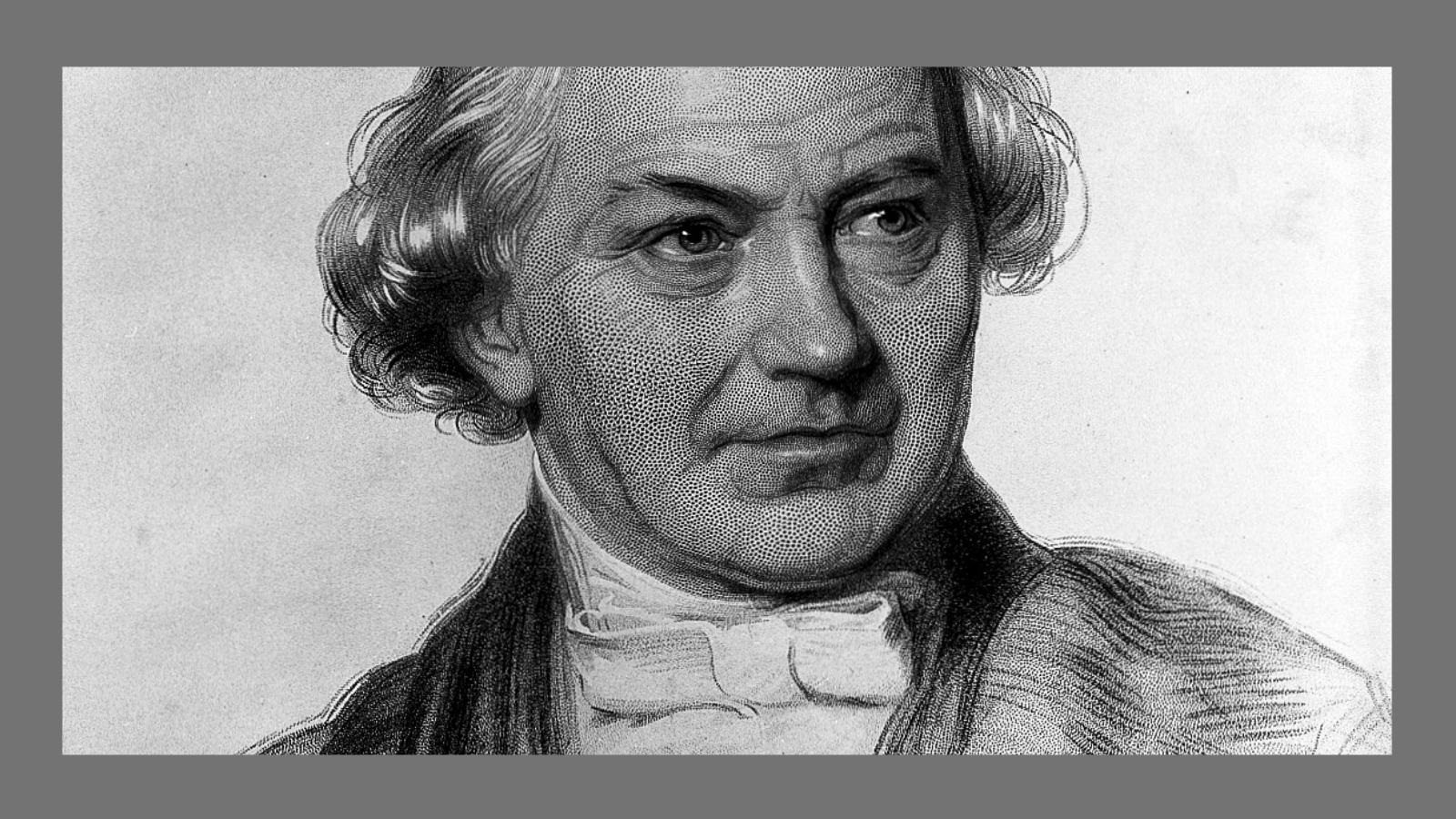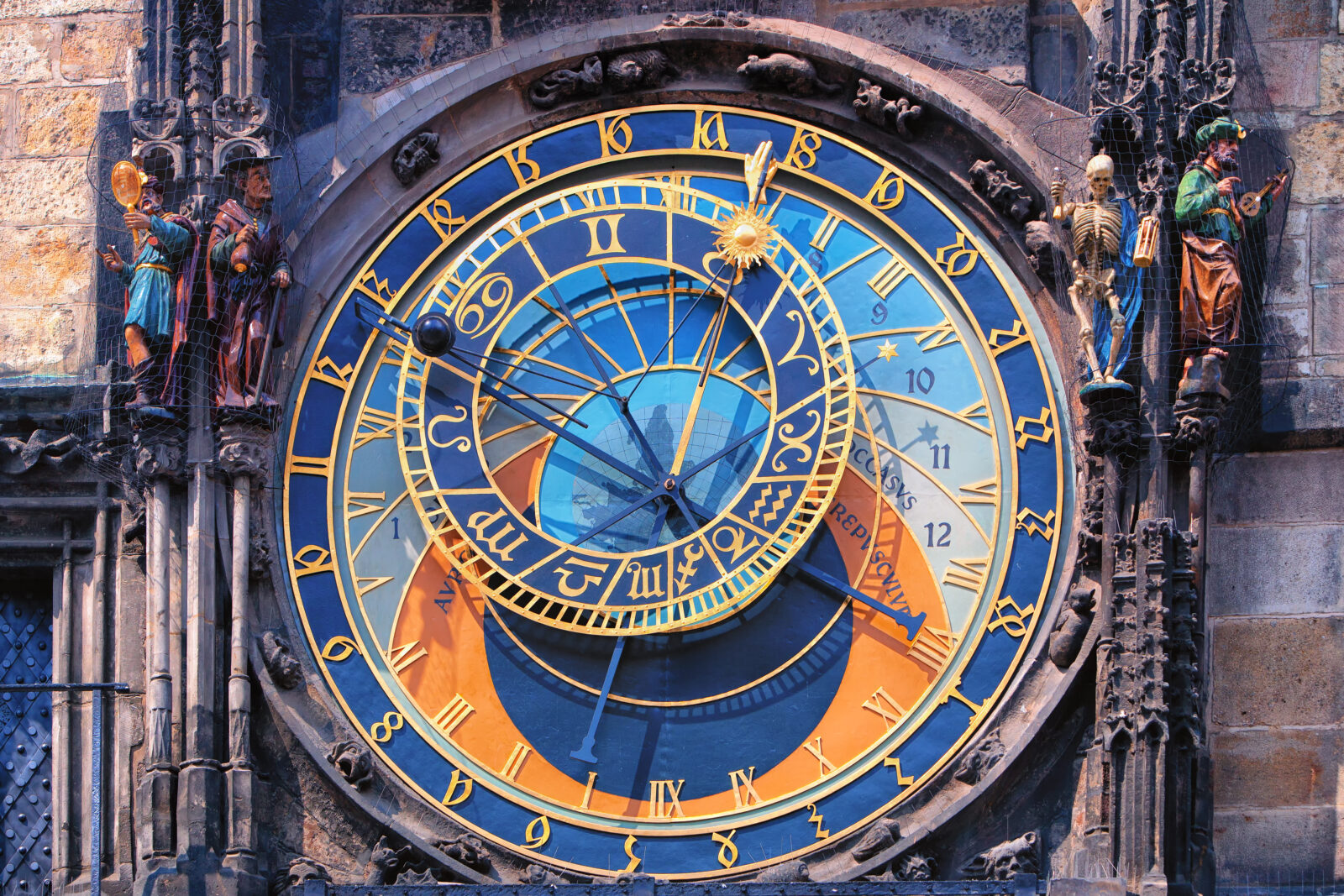


When Natural and Super-Natural Explanations Work Hand in Hand
Flat-Earth Faith in the “Dark Ages”: More Unbelievable Myths That Won’t Die
On this episode of ID the Future, Andrew McDiarmid continues his conversation with science historian Michael Keas on myths of science and religion, based on Keas’ new work from ISI Books, Unbelievable: 7 Myths About the History and Future of Science and Religion. This time they tackle two golden oldies and a kicker: (1) that the West suffered a thousand-year “Dark Ages” after the fall of the Roman Empire, (2) that the Europeans from this period believed in a flat earth, and — the kicker! — that Christianity was responsible for both errors. Keas asks, if people are trying to use myths like this to attack religion’s track record on knowledge and education, shouldn’t they know more about what’s really true?